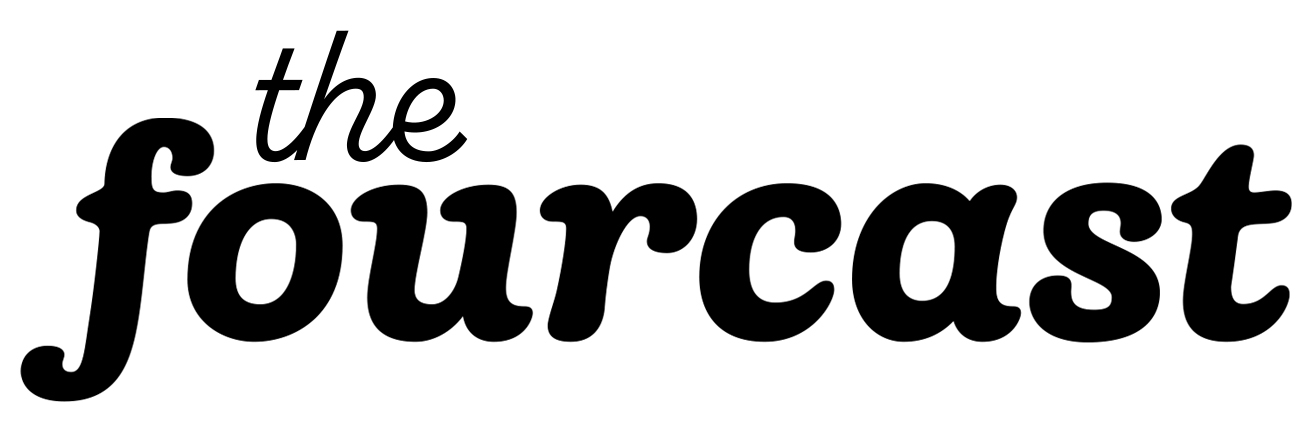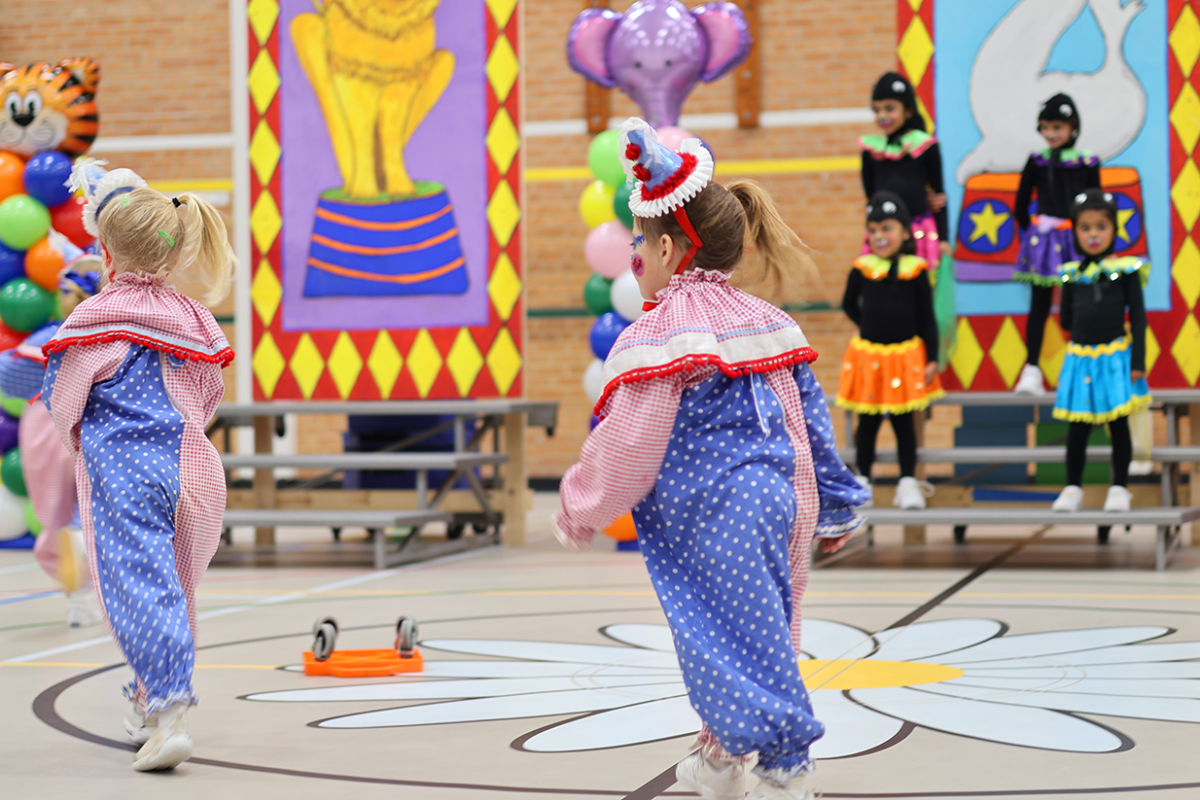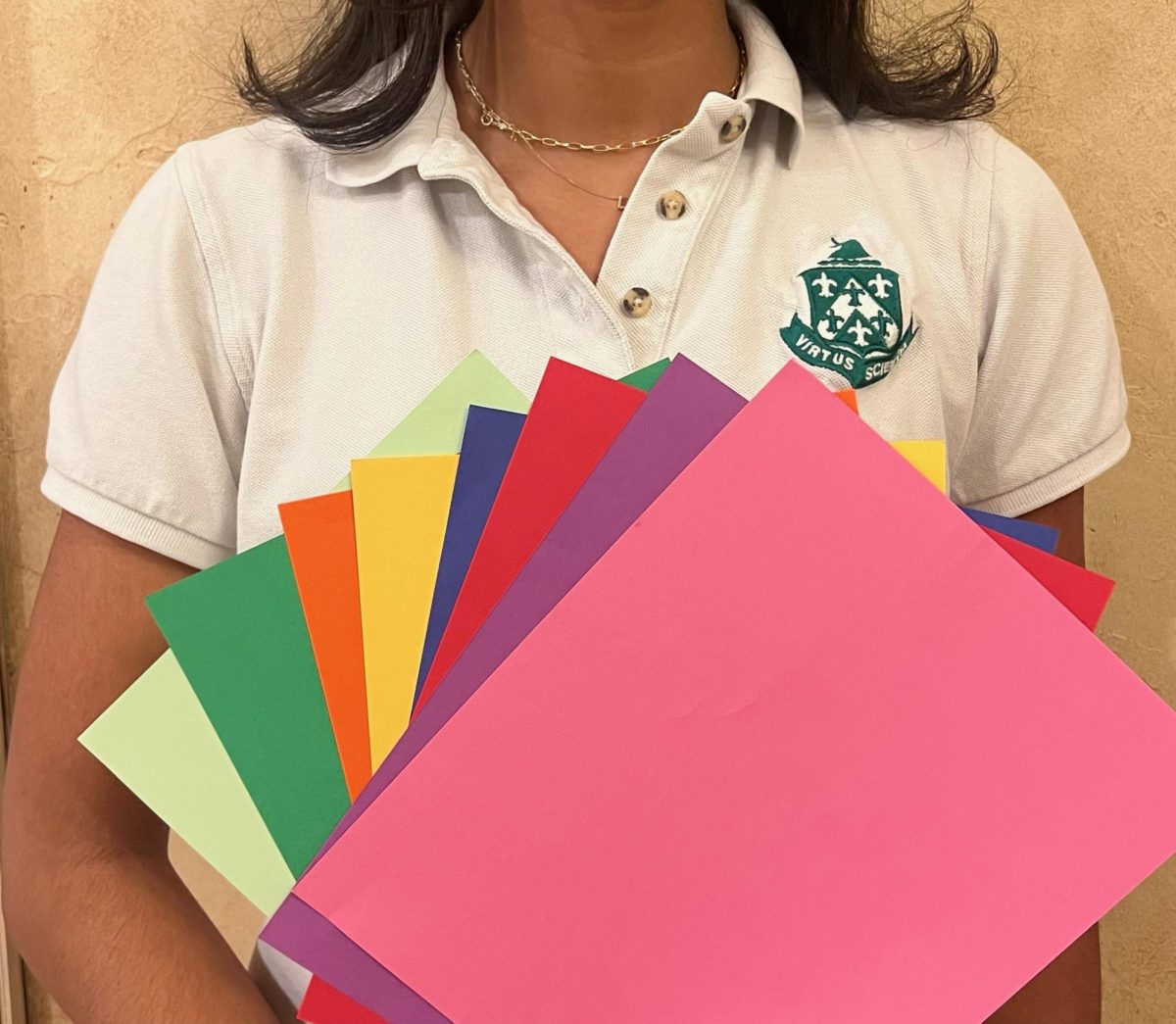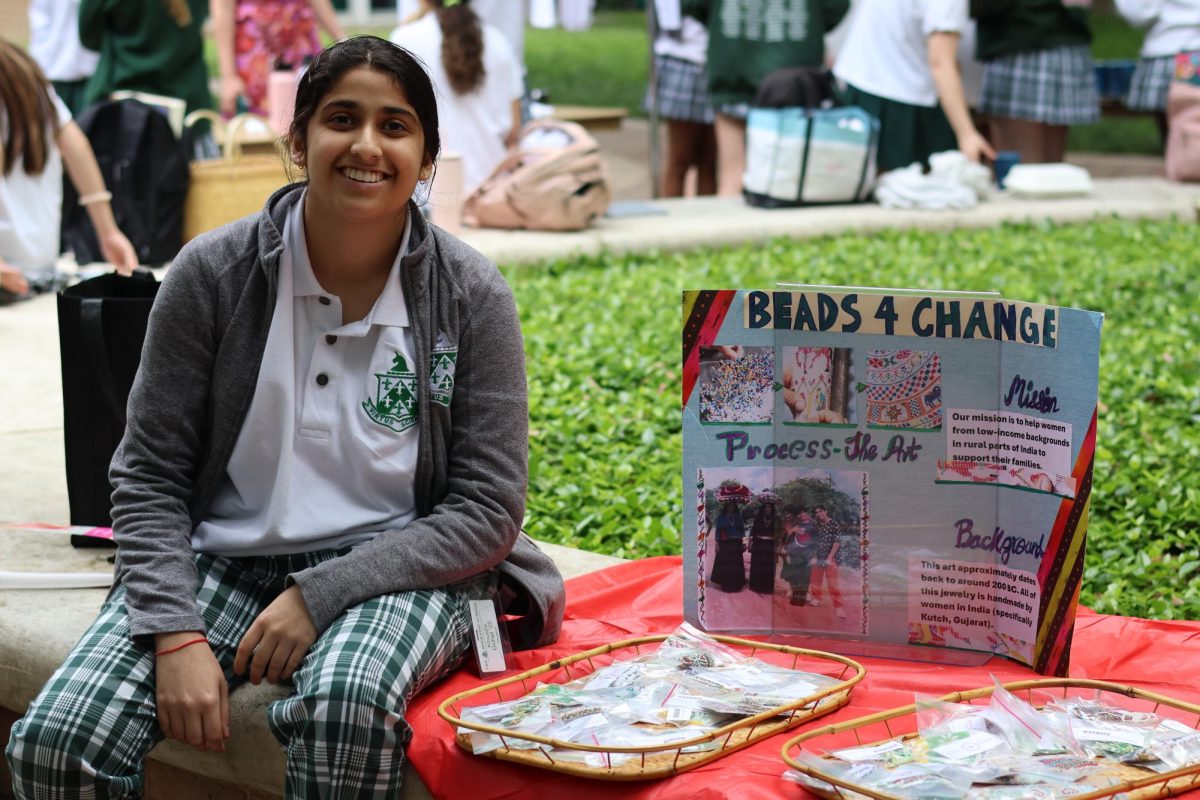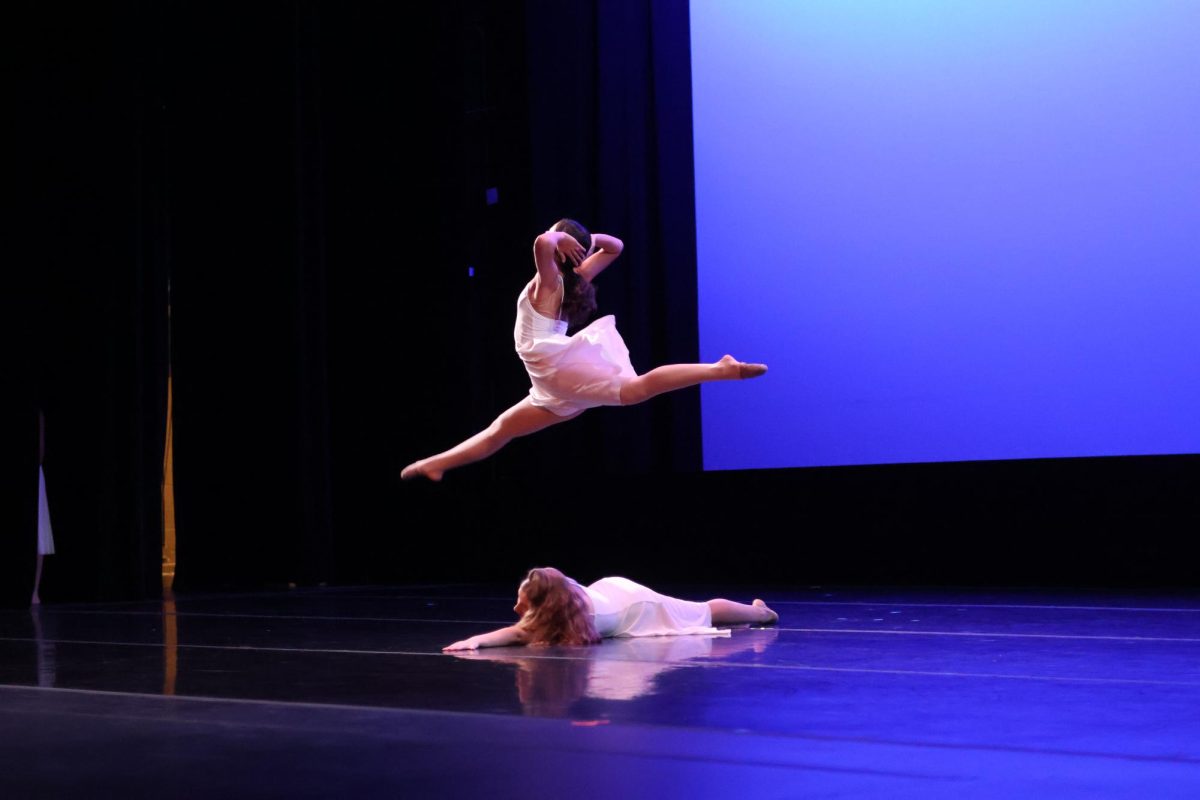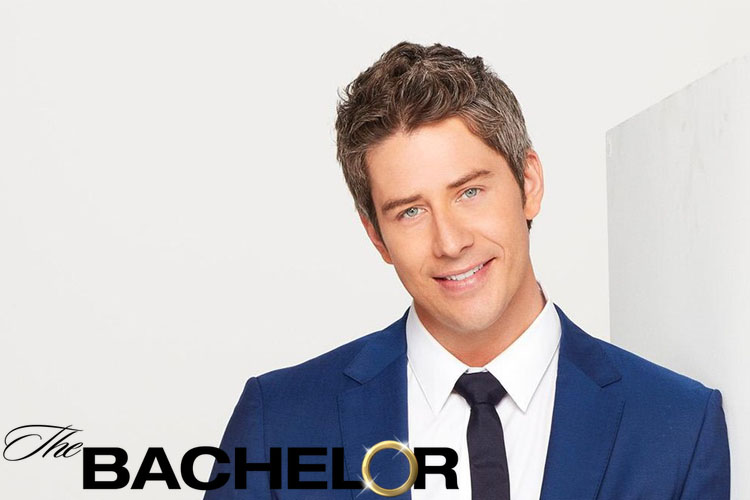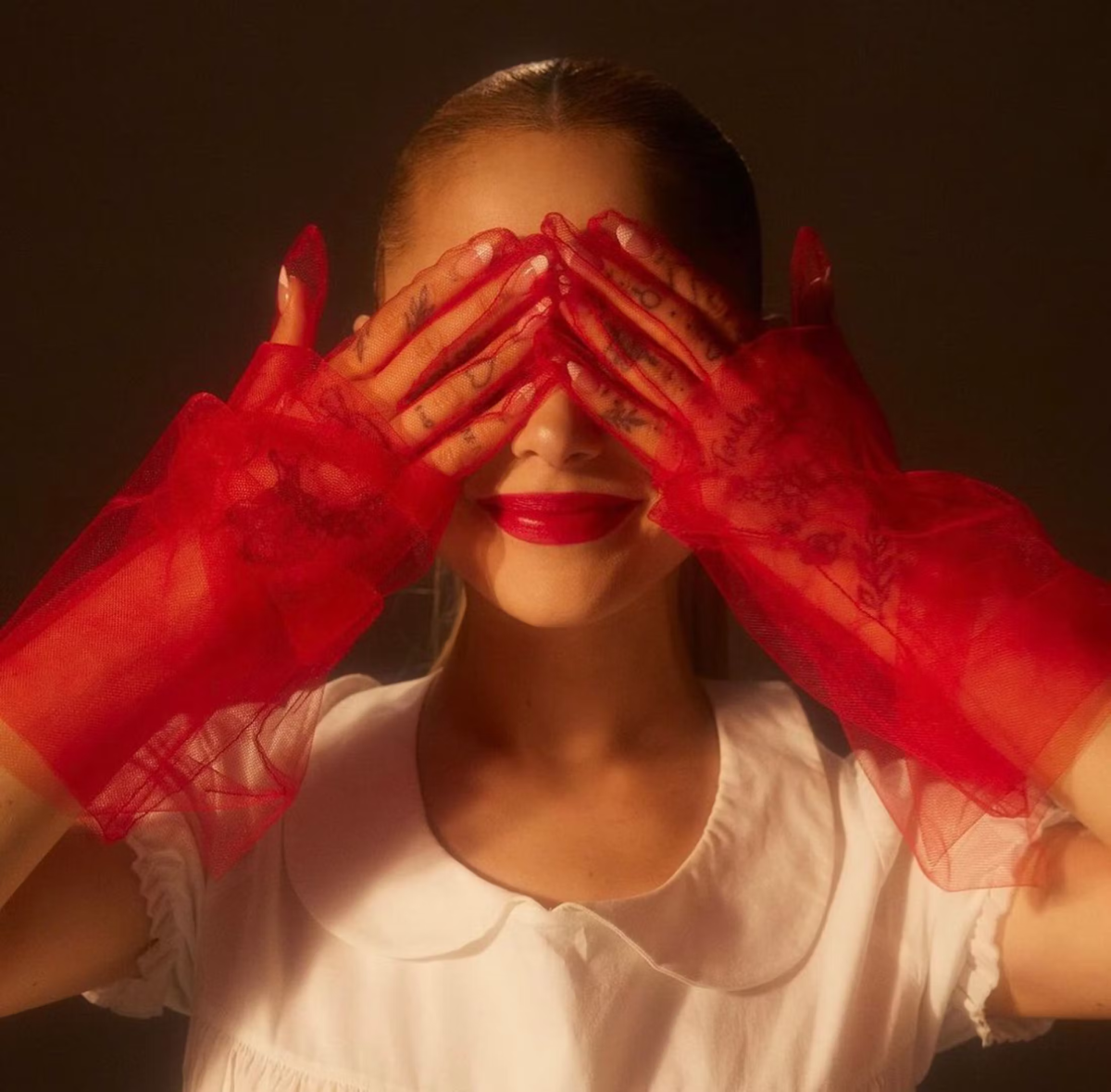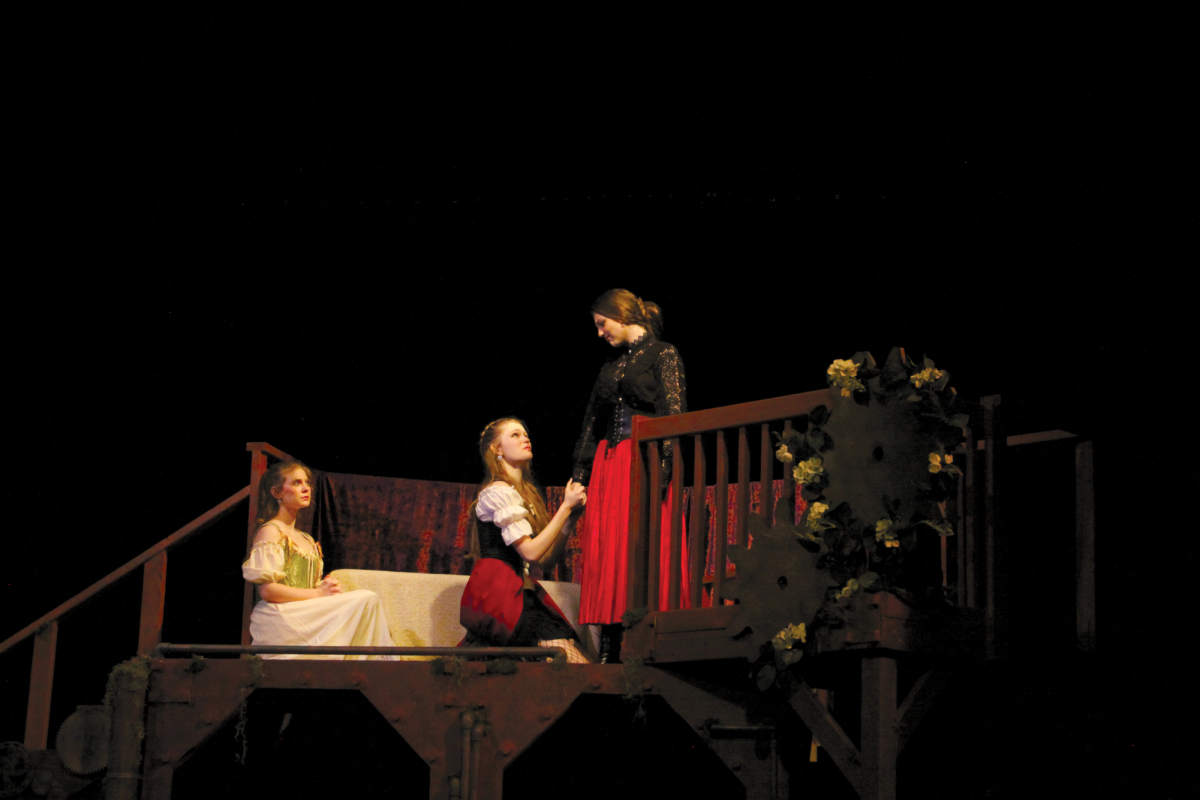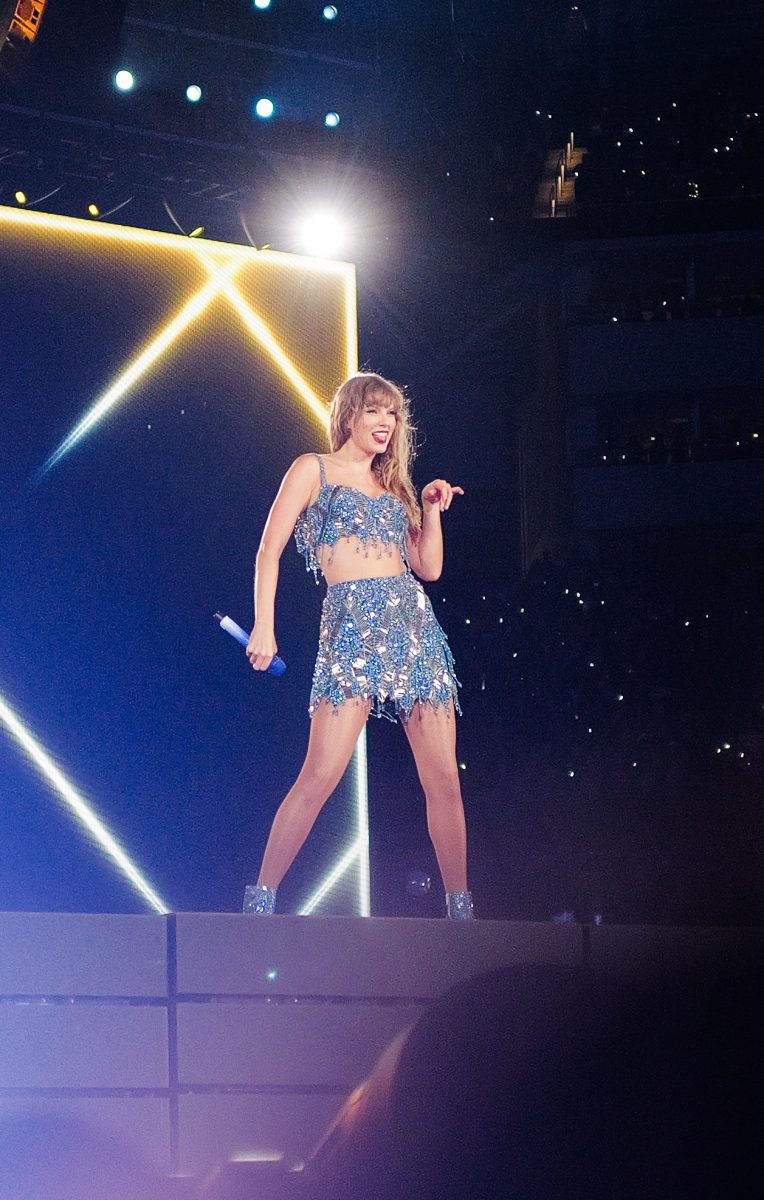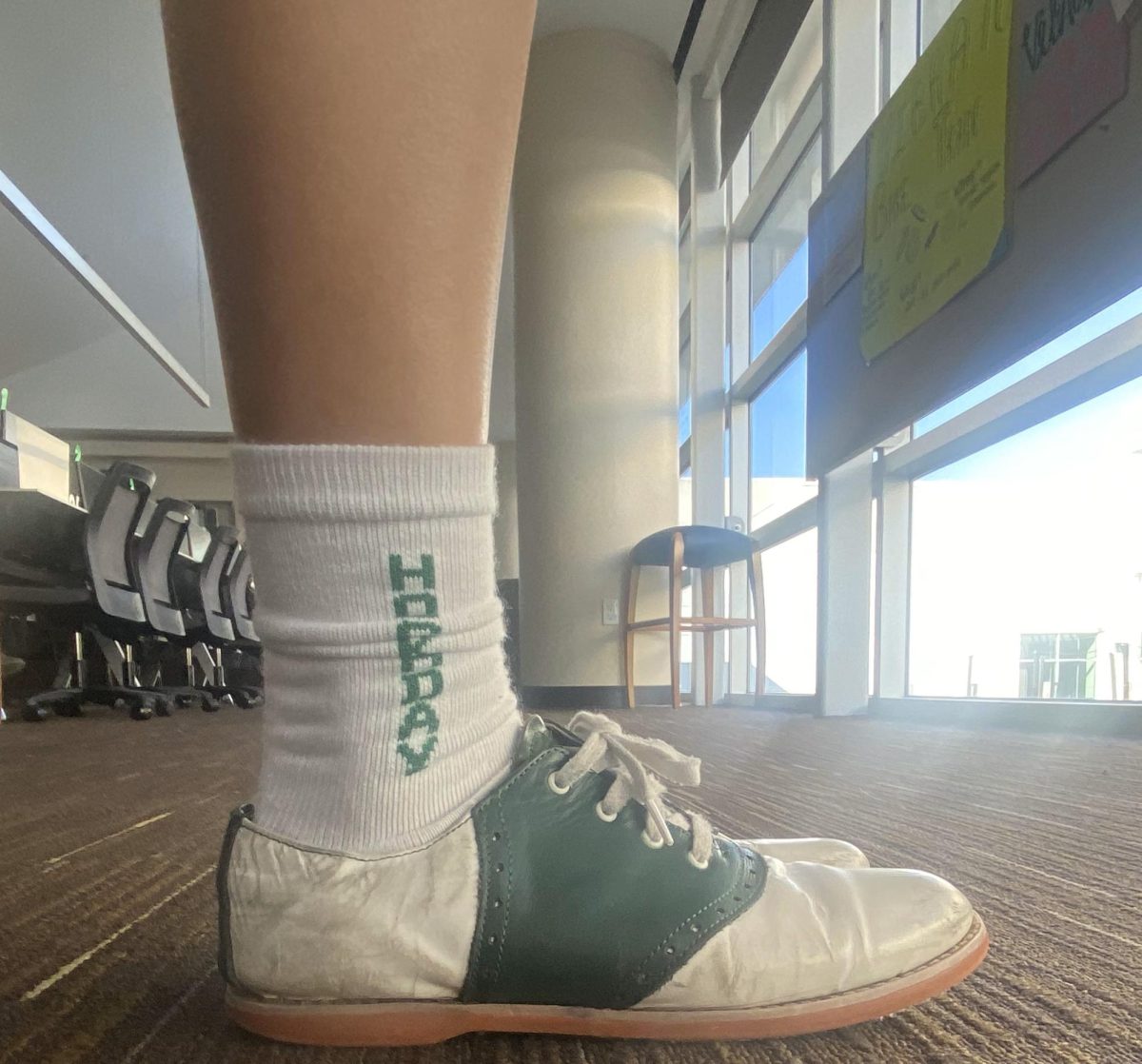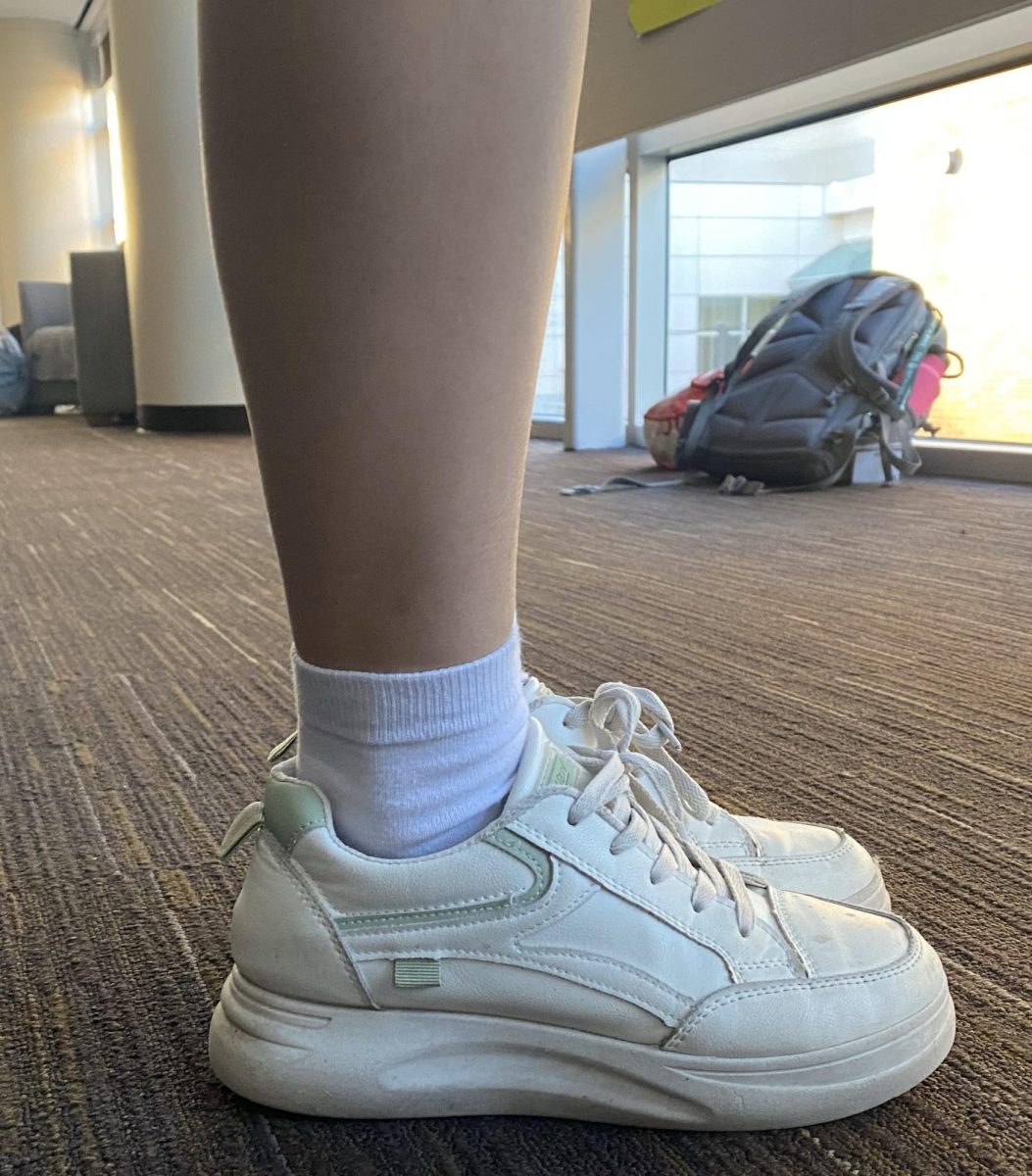PICTURED ABOVE: Current Bachelor Arie Luyendyk Jr. holds a rose in one of ABC’s promotional photos for the show. Photo courtesy of American Broadcasting Company.
I stare at the grainy picture as Bachelor Jason Mesnick breaks up with the “winner” of season 13 of “The Bachelor” and his fiancee, Melissa Rycroft, in order to date runner-up Molly Malaney. The year was 2009 and the show was not even aired in high-definition, and since this switch, I have been hooked on “The Bachelor” and all of its various spin-offs. Yet even with the seemingly anti-feminist message of the show, I still watch and still consider myself to be a feminist.
It is undeniable that at first glance, “The Bachelor” appears to be the antithesis of female empowerment. Twenty-five women compete for the love and affection of one bachelor. Within these relationships, the bachelor holds all of the power. The women claim to have fallen in love with the bachelor within weeks. The bachelor only returns these proclamations if the woman is the chosen one at the end.
Add in the drama that occurs within the Bachelor Mansion as the women fight among themselves, and “The Bachelor” almost solidifies its place as an anti-feminist show. Yet even with these elements, “The Bachelor” actually leads to more female empowerment, allowing me as a feminist to watch the show.
With the current season of the show, race car driver Arie Luyendyk Jr. has taken the wheel of the show as the current bachelor. As of the episode that aired on Feb. 12, Arie had whittled his way down to four women. Yet at no point in this season or any other season have I ever found myself cheering for the bachelor to find love or to “win.”
Much like other ABC shows, like “Dancing with the Stars,” I have always cheered for the women on the show and picked one in particular that I want to “win.” But for me, the winning does not necessarily end in an engagement. The win is whatever helps to empower the woman.
In season 18 of “The Bachelor,” Juan Pablo Galavis took on the role of the suitor. His third-place finisher, Andi Dorfman, is the best representation of someone who had this win.
During the overnight date episode, Dorfman quit, reclaiming the power in her relationship. Dorfman would go on to be the bachelorette in the 10th season of “The Bachelorette.” Even though she did not ultimately find her one true love on “The Bachelorette,” following her time on the show, Dorfman moved to New York, wrote a book and at least as seen through her Instagram feed has found herself. That is her win.
Dorfman represents for me one of the reasons why I watch the show. While I love the manufactured romance and staged catty drama, the aftermath and watching the contestants grow is the true reason why I love the show. For me, the bachelor figure is just an afterthought.
Even though couples like Sean and Catherine Lowe, who are the only couple still together from “The Bachelor,” embody “relationship goals” of the Internet, this one couple is not the reason why I continually watch the show – and can still call myself a feminist for doing it.
It is women like Dorfman, Raven Gates, who has revamped her clothing line following her appearance on season 21 of the show, and even former “winners” and current ex-fiancees of the bachelors like Whitney Bischoff, who works as a successful fertility nurse, that make the show worth it and bearable for me as a feminist.
I am not ashamed to say that I love “The Bachelor” and still believe in female equality because that is what the show actually means to me.
Story by Katie O’Meara, News Editor
